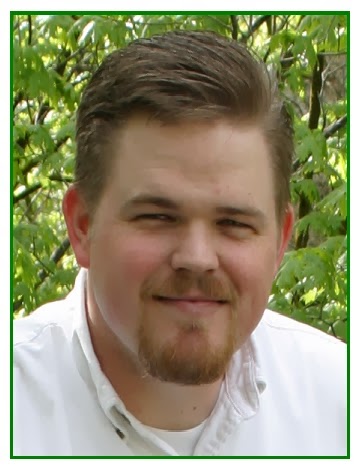A methodology for hiring the best team
My wife and I were recently out to dinner with some friends.
The conversation was stimulating and enjoyable and the entire evening was a
nice diversion from life. During our
conversation our friend expressed how much she loved to run. She’s been an avid runner for years,
participating in marathons, half marathons and other local events whenever
possible. What piqued my interest was
the term, “love to run”. This phrase is
completely foreign to me. Although I’ve
enjoyed participating in athletics my entire life, I can honestly say that the
phrase, I love to run, has never fallen from my lips.
Over the years I’ve had the opportunity to interview
hundreds of applicants for dozens of job openings. Early on, I used the methods and programs
outlined by HR professionals and company policies. I quickly learned that this was getting me
employees that were, no doubt, qualified to do the job, but left me wanting, in
many situations, for an employee with fire and vision. Sure, they completed their tasks, but often
they clocked in at 8am (more like 8:15) and clocked out at 5pm (strange how they
never stayed 15 minutes late).
I quickly learned that I was getting the outcomes I was
hiring for. I was hiring people that
were talented and could do their job and I got those people. The only problem … in most cases, they were
doing it because they had to; at best, because they wanted to. I had talented people, but not passionate
people. I had qualified people, but I
didn’t have thought leaders. I had good
employees but I didn’t have great employees.
During one particular interview, I had that “ah ha”
moment. The applicant used the term, “I
love to do this”. I paused for a few
moments (In retrospect, I feel bad for the applicant. She probably thought she said or had done something
wrong) and finally, I said something I’ve never said before in an interview…. “you’ve
got the job!!!”
What had I done!!!! I
didn’t even validate her qualifications fully.
Sure, her skills and history were on the resume, but I didn’t quiz her
about them. I just knew that she LOVED
to do what I was hiring for. After a
few months, I learned that I had made the best hire of my career. She was passionate, talented and loved her
work. She’d clock in early and leave late.
She was driven and didn’t need to be “managed”; guided, sure. But not “managed”.
Since that time, I’ve tried to use the methodology of “I have-to, I want-to, I love-to”:
- I find out what the applicant is passionate about; find out what they love
- I test for qualifications. This should only be done if someone loves what they do, or at very minimum wants to do it.
If someone states that they are a runner – they clearly love
it (like our friend). Sure, others can
say “I run” (like me) but it’s usually because we have to or maybe want
to. I run, but I am no runner. Runners LOVE to run. Coders love to code. Clerks love to clerk.
Focus on those who LOVE TO – keep and encourage those that WANT TO, and avoid those who HAVE TO.
___________________________________________________



